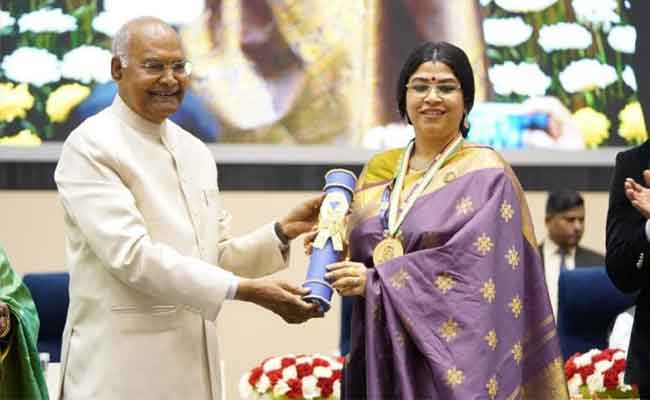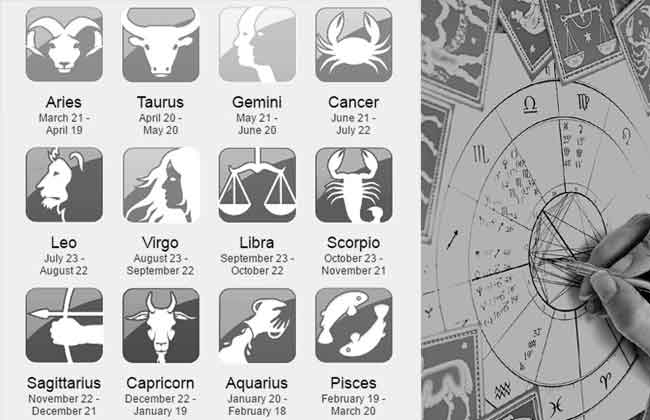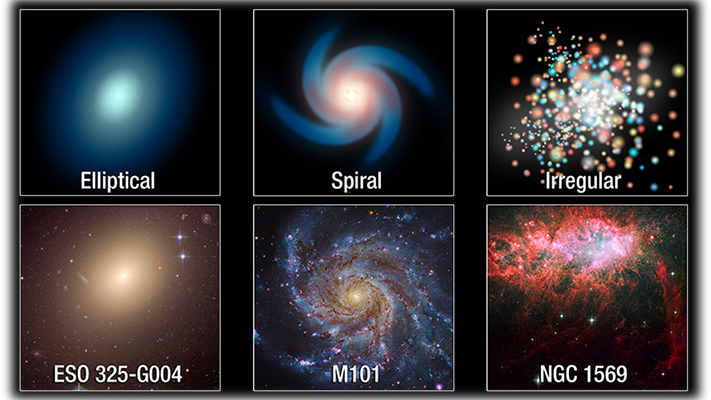Astrology has been an integral part of Indian culture and spirituality for thousands of years. Known in Sanskrit as Jyotish Shastra, it is considered both a science and a divine art, deeply rooted in Vedic traditions. Over time, astrology in India has evolved, blending spiritual beliefs with astronomical observations to guide people in various aspects of life, from personal decisions to societal events.
Origins of Astrology in Vedic Period
The practice of astrology in India dates back to the Vedic period (1500–500 BCE). The ancient texts, particularly the Rigveda, Yajurveda, and Atharvaveda, mention celestial bodies and their influence on human life. However, the detailed study of astrology is found in the Vedanga Jyotisha, one of the six auxiliary disciplines of the Vedas.
Vedanga Jyotisha was primarily used to determine auspicious times (muhurtas) for performing Vedic rituals and sacrifices. It combined mathematics, astronomy, and observation of planetary movements to predict future events and decide the timing of important ceremonies.
Influence of Ancient Scholars
Several renowned scholars played a key role in shaping Indian astrology:
- Maharishi Parashara: Often called the father of Vedic astrology, he wrote the famous Brihat Parashara Hora Shastra, which remains a foundational text for astrologers even today.
- Aryabhata: An ancient mathematician and astronomer who contributed significantly to astronomical calculations.
- Varahamihira: Author of Brihat Samhita, a comprehensive text on astrology, astronomy, and natural sciences.
- Bhaskara I and II: Mathematicians who refined planetary calculations and ephemeris preparation.
These scholars helped establish a systematic approach to astrology, integrating astronomical data with predictive methods.
Astrology in the Gupta Period

The Gupta Empire (4th–6th century CE) is often considered a golden age for Indian science, literature, and art. Astrology saw significant advancements during this period. With improved astronomical instruments and mathematical techniques, astrologers could make more accurate predictions.
Texts like Pancha Siddhantika by Varahamihira compiled earlier astronomical systems, including the Surya Siddhanta, which laid the foundation for Hindu calendrical systems.
Integration of Astrology and Ayurveda
In ancient India, astrology was not limited to predicting life events—it was also used in Ayurveda (traditional Indian medicine). The belief was that planetary positions could influence physical and mental health. Ayurvedic physicians often consulted astrologers to determine the best times for medical treatments, surgeries, and herbal remedies.
This integration strengthened the role of astrology in daily life, making it a holistic practice encompassing health, spirituality, and social customs.
Astrology in Medieval India
During the medieval period, Indian astrology absorbed influences from Greek, Persian, and Arabic traditions. This was due to cultural exchanges during trade, conquests, and scholarly interactions.
The introduction of Tajika astrology from Persian traditions brought new techniques for annual predictions (Varshaphala). Astrology also became important in royal courts, where kings and rulers relied on astrologers for guidance in politics, war strategies, and governance.
Astrology in Modern India
Even in modern times, astrology remains deeply rooted in Indian society. With the advent of computers and the internet, astrological calculations have become faster and more accurate. Today, people consult astrologers for:
- Marriage compatibility (Kundli matching)
- Career decisions
- Financial guidance
- Health predictions
- Auspicious timing (Muhurta)
Astrology has also become a popular subject in academic studies, with several Indian universities offering degrees and diplomas in the field.
Global Influence of Indian Astrology
Indian astrology, especially Vedic astrology, has gained global recognition. Many Western countries have adopted concepts such as the Nakshatra system and Dasha periods. International interest in yoga, meditation, and Ayurveda has also sparked curiosity about Indian astrological traditions.
Astrology from India is often seen as more spiritual and precise compared to some other systems, due to its integration of astronomy, mathematics, and karmic philosophy.
The history of astrology practice in India is a rich tapestry woven with ancient wisdom, scholarly contributions, and cultural traditions. From the sacred texts of the Vedic period to the digital tools of the 21st century, astrology has evolved but never lost its significance in Indian life. It continues to guide millions in making decisions, understanding life’s challenges, and finding harmony with cosmic rhythms.
Explore the rich history of astrology practice in India, from its Vedic origins to modern times, and discover how ancient wisdom still guides lives today with mapupa – Search anything for your information.
Zodiac Symbolism and Its Role In Modern Astrology
Ancient Astrological Practices
Read Also: Astrology And Tantra Website
![]()





